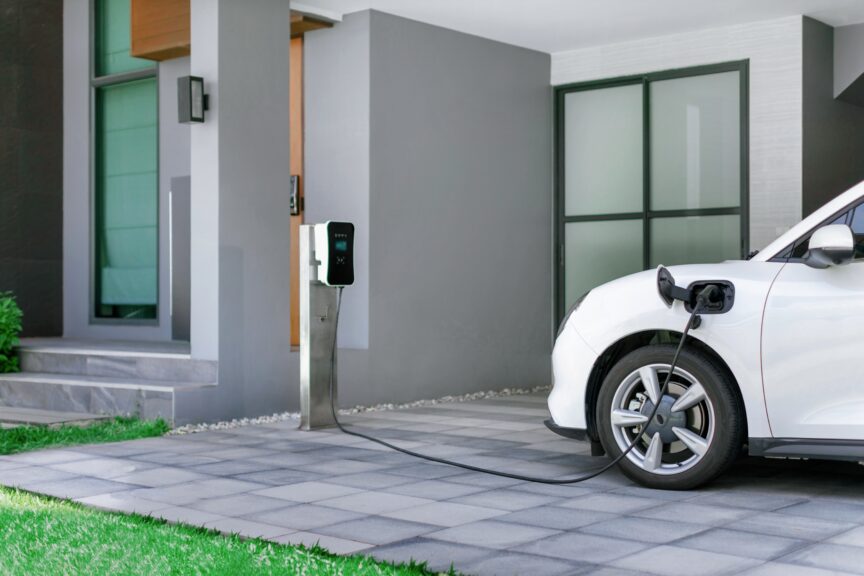This analysis focuses on overcoming barriers to electric vehicle (EV) adoption, with a specific emphasis on charging infrastructure accessibility in urban multi-unit dwellings (MUDs). Acknowledging challenges like the availability of private parking spaces, consent from residents, and cost considerations for charger installation, the report emphasizes the benefits of maximizing private overnight charging in MUDs. The study draws examples from leading governments in the electric vehicle transition, particularly those within the International Zero-Emission Vehicle Alliance (IZEVA).
The report categorizes potential solutions into six main areas: regulations, financial incentives, innovative business models, technology for load management, education and awareness, and solutions for dwellers without access to private parking. The analysis addresses community concerns, including fire safety and the impact on housing affordability, based on insights from stakeholder interviews presented in the appendix.
This study is part of a two-part series on private charging access in IZEVA jurisdictions. An accompanying technical report examines the influence of dwelling type on the cost of refueling an EV.
